Yakka, larrikin, fair go: Australia in 100 words
Since the British brought their language Down Under, the locals have been adapting and ‘refining’ the vernacular to better reflect the experience of life in the Great Southern Land.
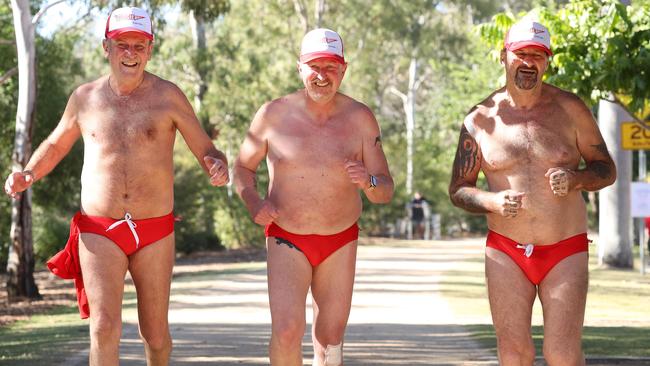
With the arrival of the First Fleet, the colonising British began displacing First Nations languages to install English as the official language of Australia. Almost immediately, the new inhabitants started adapting their vernacular and coining new words and expressions to better fit their life here.
Over the years, these unique Australianisms have helped tell the story of our country, reflecting our history and culture, shaping our sense of identity and our often irreverent enjoyment of our own ways of talking. Three recent books set out to illuminate this.
Australia in 100 words has been compiled by Amanda Laugesen, chief editor of the Australian National Dictionary, and is based on 50 years of research into Australian English for that dictionary – identifying “words and expressions that are unique to Australia or which have a special meaning in Australia”. The first edition of the AND was published in 1988. Laugesen has now selected 100 words and expressions that to her most exemplify the story of our country and the evolution of language here.
The book is arranged by time period rather than alphabetically, identifying when possible the first recorded use of each word, and showing how it has often developed new and multiple meanings over time. Also included are some words derived from First Nations languages, for example “yakka” or work, taken from the Yagara word “yara”, to work or labour.
“Bushranger” was first recorded in 1801, used for convicts who had absconded into the bush and often engaged in armed robbery. “Mateship” has stood the test of time, while “cobber” has largely disappeared. “Larrikin” (originally from the British) was used in a negative way from about 1867 to denote gangs of unemployed youths who engaged in criminal and anti-social behaviour, but from the 1890s and especially after World War I the term began to be used less in a derogatory sense and more to indicate a man who is a bit of a loveable character.
Some terms related to state identity, with ex-convicts from Tasmania known as “Vandemonians” (from Van Dieman’s Land), while later names for Tasmanians include “Tasmaniac” and the more well-known “Apple Islanders”. West Australians have been called “Gropers”, “Groperlanders” and “Sandgropers”, while Queenslanders have been known as “Bananalanders” or “Banana-benders”, South Australians as “Croweaters” or “Wheatlanders”, and so on.
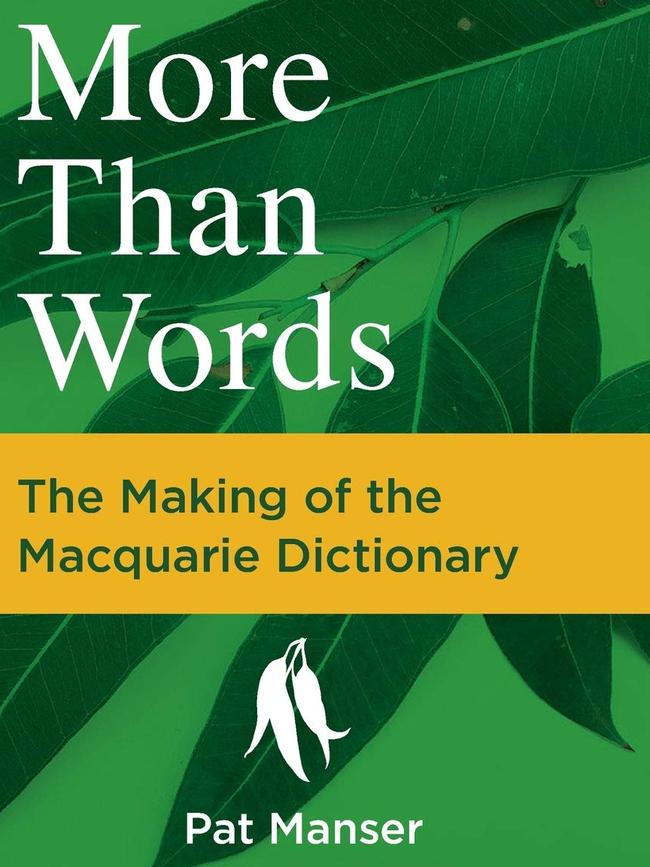
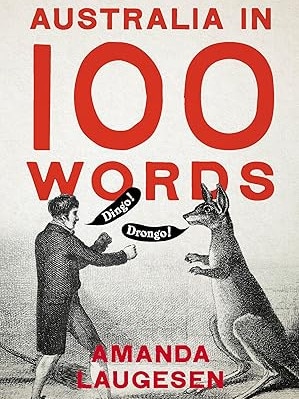
Tasmanian politician Dame Enid Lyons (wife of former Tasmanian premier and then prime minister Joseph Lyons, who became the first woman elected to the House of Representatives and the first appointed to federal cabinet) in a newspaper column in 1952 enthusiastically promoted the term “fair go”, and the language of “real Australians using real Australian speech”.
The mythical “drop bear”, said to drop from trees and attack people, especially tourists and foreigners, apparently originated during World War II for the benefit of gullible American servicemen stationed here (and has since even been awarded the “scientific” name of Thylarctos plummetus). Vegemite has been suggested as an effective repellent, although it is said that speaking with an Australian accent or using Aussie slang also provides some protection. Other well-known Australianisms include “budgie smugglers”, “bogan”, “sickie”, “faceless men”, and what is often considered the definitive insult, “un-Australian”. Also “pash” for kiss (a uniquely Australian shortened form and use of “passion”) and its derivatives – including “pash rash” (“an irritation of the face as a result of kissing a person with facial stubble or a beard”), and “pash and dash” (“to kiss and run”). “Ladies’ lounge”, where women wanting to drink alcohol in a public bar were confined for much of the 20th century, has been getting more of a workout lately in connection with Kirsha Kaechele’s fight to retain iconic Hobart art gallery Mona’s female-only space following charges of discrimination.
But the AND has not been the only dictionary committed to identifying the Australian vernacular.
In fact the idea for a truly Australian dictionary had been mooted since the 1960s, although it wasn’t until 1981 that the first edition of the magnificent Macquarie Dictionary was finally published.
One of its research editors, Pat Manser, has written More than words: the making of the Macquarie Dictionary, a fascinating account of how this Australian dictionary was brought to life, and has grown since then. The dictionary’s editorial committee was clear that “our dictionary would give an account of Australian English as it was heard and written.
We wanted it all: spoken, written, technical, polite, rude. The speech of labourers, the jargon of merchants, swearwords, Australianisms as well as the basic core of English vocabulary”.
The forewords and introductions to its various published editions, included as an appendix, also make interesting reading, confirming how our scholars and artists began repudiating the Cultural Cringe prevalent for so long here to take pride in our own continually evolving accomplishments, idioms and pronunciations.
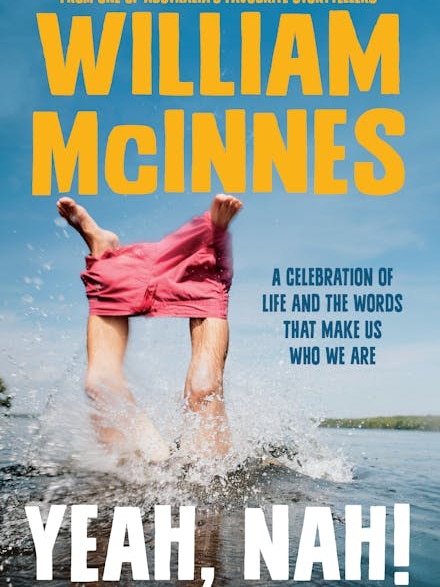
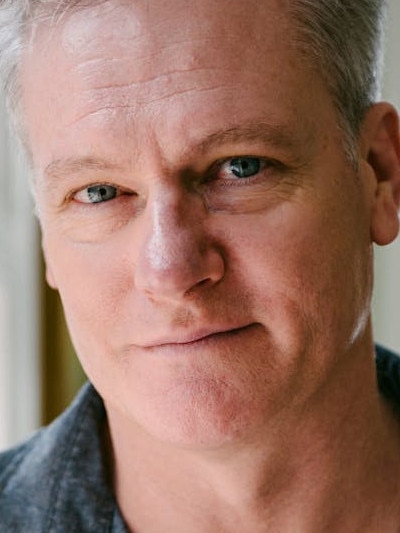
Historian Manning Clark called the dictionary’s publication “evidence of the Australian contribution to the conversation of humanity.” Writer Thomas Keneally later spoke about “the joy and outright enthusiasm” the arrival of the first edition meant to him and many others: “It defined and validated the English we spoke at home and work and school, and to have that language defined and taken seriously was something we just weren’t used to … The Macquarie paid the antipodean tongue the great compliment of taking it seriously.”
Decades later another well-known Aussie, actor and author William McInnes, has penned his own celebration of our distinctive Australian culture.
According to McInnes, his book, Yeah, nah!: a celebration of life and the words that make us who we are, “isn’t just a collection of terms and accompanying definitions, and it’s not a catalogue of every piece of slang or vernacular that has ever been uttered in Australia.
It is a collection of stories, memories and moments inspired by Australian language. A celebration of lives and words. And above all, the delight in how we Australians communicate before we drop off our perch”.
McInnes’s title highlights the quintessential expression, “yeah, nah”, which so confuses non-Australians: “It might seem gormless but it’s actually a phrase of truncated egalitarianism that floats from the lips of Australians in the 21st century … You accept the initial question, the point of view that has been made, and then deflect praise, or politely disagree and offer the chance for further debate on the subject.” It always makes me smile when I hear it. Yeah, nah – even overseas, you know you’re in the presence of a fellow Aussie.
McInnes enlivens his text with lots of colourful anecdotes and humour, but also touching episodes from his own life. He includes loving exchanges with his mother (“she often called me ‘stupid boy’, even though I was nearly 24 by then”) and his father, Colin, who was also always ready with delightful Australianisms such as (regarding the Labor Party’s prospects in an upcoming state election): “We’ve got about as much a chance to win this as a three-legged greyhound with an eye patch.” McInnes senior was eventually diagnosed with Alzheimer’s disease: “I’ve a touch of the Old Timers disease,” as he put it. “And he patted the dog again.”
It’s a moving and beautifully written piece in which McInnes reflects that these are “the words of quiet courage and generosity of an extraordinary ordinary bloke … Alzheimer’s was put into a perspective that was manageable”.
He concludes “the way we use language, and the way it is communicated, makes me love being human. Being Australian …”
Former governor-general Dame Quentin Bryce knows this, too.
In her foreword to the fifth edition of the Macquarie Dictionary she quotes an evocative line from Australian poet Judith Beveridge: “A place will seep into the voice of any local …”
Amanda Double is a recently retired librarian, based in Hobart.


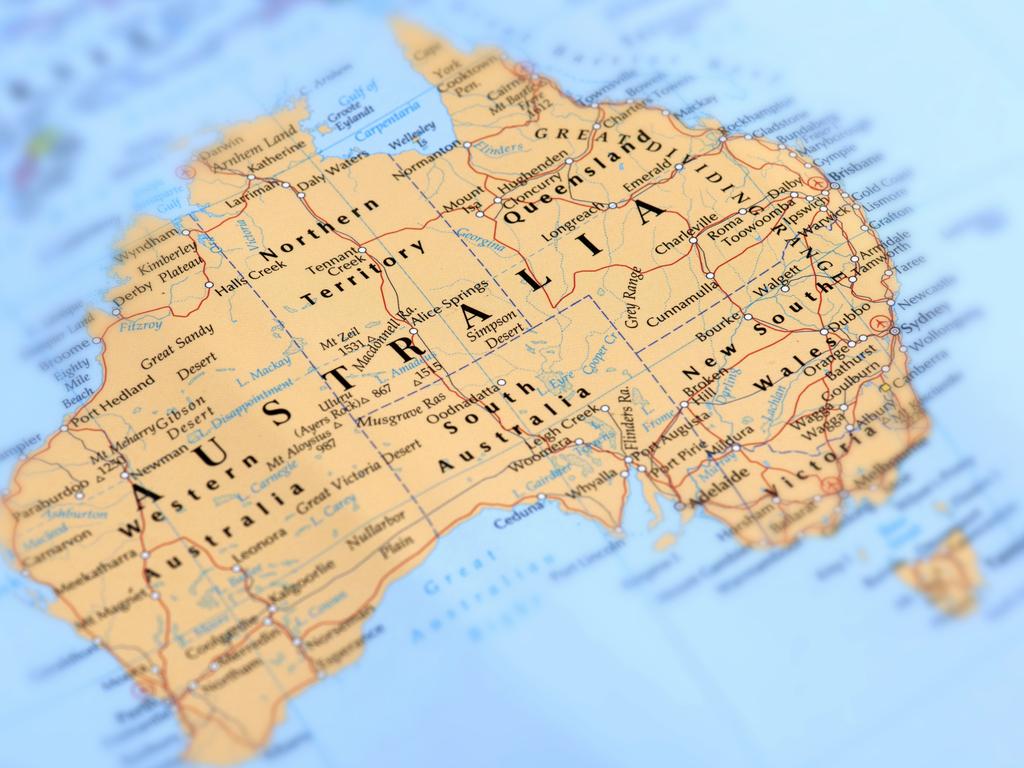


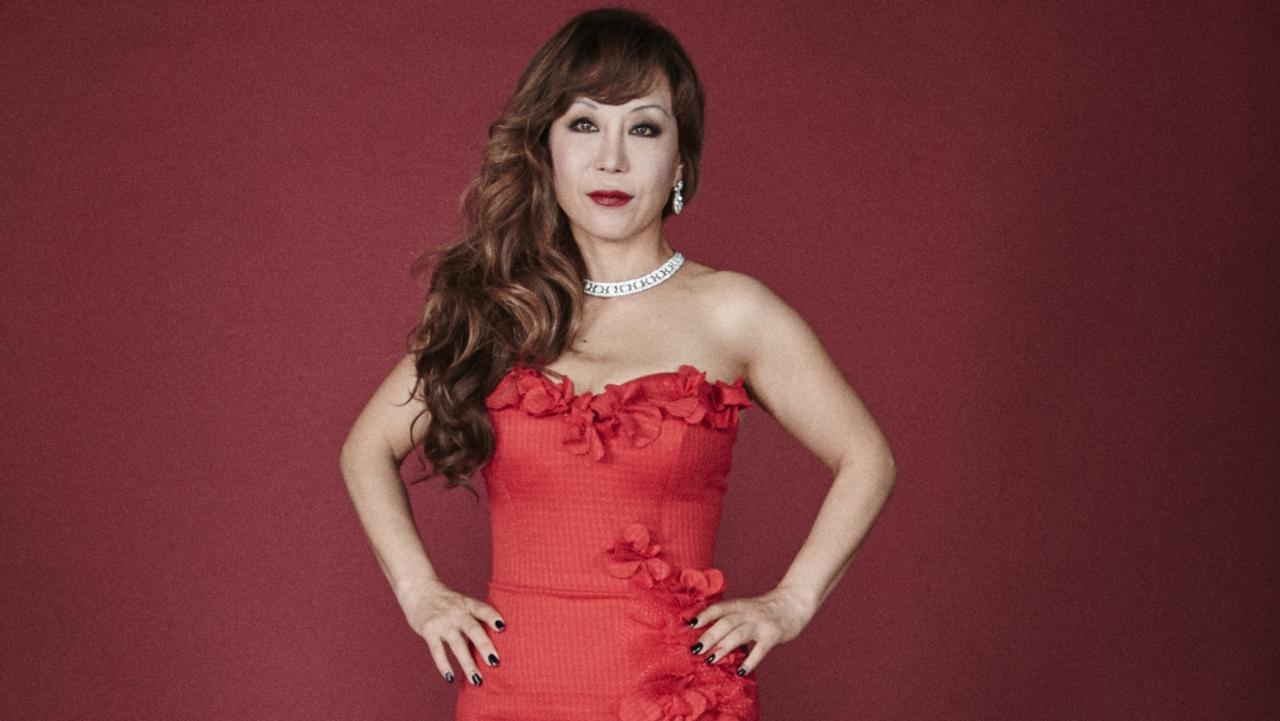
To join the conversation, please log in. Don't have an account? Register
Join the conversation, you are commenting as Logout